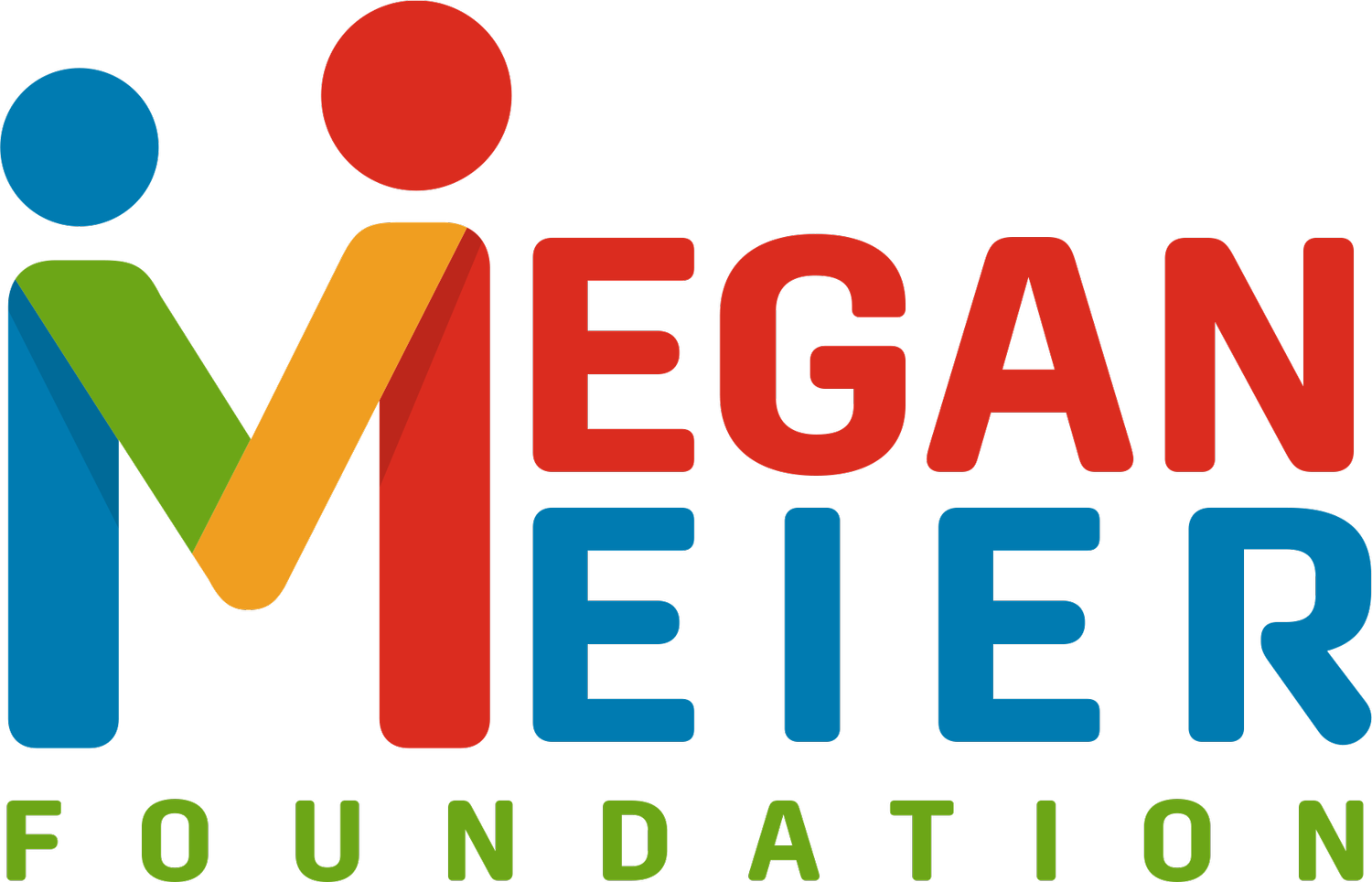Self Harm
Self-harm, or self-injury, is the deliberate act of hurting oneself physically as a way to cope with emotional pain, stress, or other overwhelming feelings. It's important to note that self-harm is often a sign of underlying emotional or psychological distress and is not a healthy or effective way to deal with these feelings.
Self-harm should be taken seriously.
Why People Self-Harm
People may engage in self-harm for various reasons, including:
Emotional Release: Some individuals find that self-harming provides temporary relief from emotional pain or stress.
Expression: For some, self-harm is a way to express emotions that are difficult to put into words.
Gaining Control: Self-harm can provide a sense of control over one's body and emotions when other aspects of life feel chaotic.
Distraction: Engaging in self-harm can serve as a distraction from emotional turmoil.
Communication: In some cases, self-harm may be a way to communicate inner distress to others, even if indirectly.
Signs of Self-Harm
Having frequent cuts, burns, bruises, or scars
Wearing long sleeves or pants even in hot weather
Making excuses about injuries
Spending excessive time alone
Helping Someone Who Self-Harms
If you suspect that someone you know is self-harming, it's essential to approach them with empathy and support. Here are some steps you can take:
Initiate a Conversation: Express your concern in a nonjudgmental and compassionate manner. Let them know you're there to listen.
Listen Actively: Allow the person to share their feelings and experiences without interruption or judgment.
Encourage Professional Help: Suggest seeking help from a mental health professional, such as a therapist, counselor, or psychiatrist.
Provide Resources: Offer them resources like hotlines, support groups, and websites where they can find more information and assistance. Some suggested resources can be found below.
Resources
988 Suicide & Crisis Lifeline
Website: www.988lifeline.org
Crisis Text Line: Text "HELLO" to 741741 to connect with a Crisis Counselor. Support is free 24/7.
Website: www.crisistextline.org
To Write Love on Her Arms: Dedicated to presenting hope and finding help for people struggling with depression, addiction, self-injury, and suicide. TWLOHA exists to encourage, inform, inspire, and invest directly into treatment and recovery
Website: www.twloha.com
Self-Injury Outreach and Support: Provides information, resources, and a helpline for those who self-injure.
Website: www.sioutreach.org
Immediate Crisis Hotlines
If you or someone you know is in suicidal crisis or emotional distress, call the 988 Suicide & Crisis Lifeline at 9-8-8, a free 24-hour hotline. In the case of a life-threatening emergency, call 9-1-1 or visit your nearest emergency room. Below is an additional list of crisis resources.



